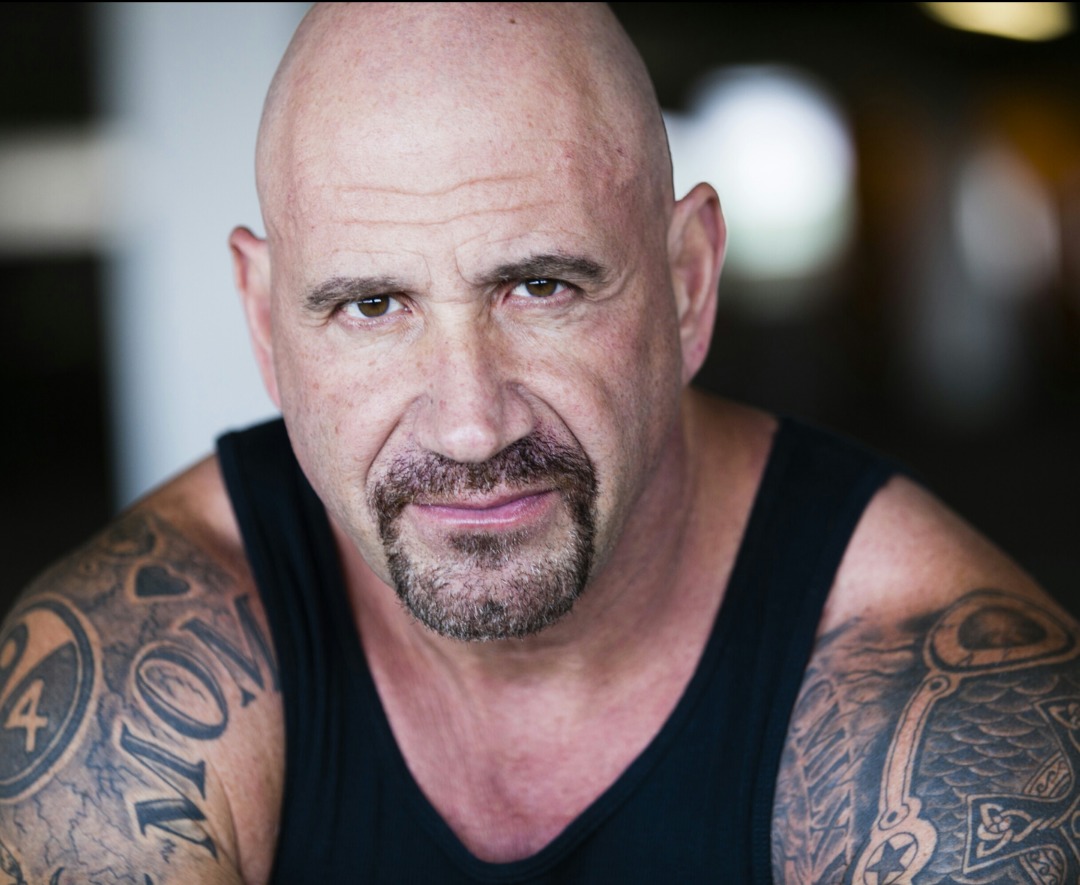SANGER – Standing in front of the City Council’s dais, freshman Rep. TJ Cox (D–Fresno) was ready to take on questions in his second town hall in two weeks, following the launch of an impeachment inquiry into President Donald Trump.
Unlike his forum last week in Bakersfield, which specifically focused on Valley Fever issues, Cox was taking on all questions from a crowd of 30 on Tuesday.
From the draw of a fishbowl, Cox’s first question – perhaps fittingly – was on the topic of impeachment: would the House of Representatives accept a President Pence in the event Trump was impeached and removed?
Cox initially pivoted away from the question, arguing that most
“We’ve had this question of the impeachment inquiry out there. It’s what’s in the national news,” Cox said. “I hear very little from the people in the district about impeachment.”
Cox continued on a laundry list of priorities he argued were far more important than the pending impeachment inquiry, particularly highlighting his work as the head of Central Valley New Market Tax Credits to open United Health Centers locations.
After a few minutes, he circled back to the original query of a Pence presidency.
“Yeah, if whatever happens… we’re going to take a look at wherever the facts lead us,” Cox said. “And if it ever came to pass that the President would quit, or anything like that, then Mike Pence would step up into the Presidency as dictated by the Constitution.”
Taxes
Cox then addressed the 2017 tax reform with an resident asking whether House Democrats could reverse the impacts affecting Californians created by the Tax Cuts and Jobs Act.
The freshman Democrat attacked the bill’s capping of state and local tax (SALT) deductions on Federal income taxes to $10,000 annually.
Cox made a point to note that the SALT cap has hit high-tax states, such as California and New York, that levy exceedingly high state income taxes or property taxes on its residents.
“That’s actually caused a raise in taxes for a lot of Californians and certainly those living in high-tax states,” he said.
“We have to reform that tax code. That’s not going to happen in this Congress. That’s not going to happen until you have a Senate and the President that will go along with it.”
Despite the elimination of SALT deductions, the tax reform bill also doubled the standard deduction for nearly 80 percent of residents in the 21st Congressional District, according to estimates from the Congressional Research Service.
“Don’t get me wrong, I don’t like paying taxes as much as the next guy,” Cox said in closing. “But we know that our tax code needs to be fair and balanced.”
Marijuana and hemp
Cox also touched on marijuana and hemp policy.
Noting the various new opportunities offered by hemp after its descheduling from the Controlled Substances Act via the 2018 Farm Bill, the freshman pointed to changes at the local level to aid production growth and processing to allow the industry to thrive.
He also pointed to the SAFE Banking Act, a bill recently approved by the House of Representatives that would allow marijuana-related businesses that comply with state laws to bank with federally-insured financial institutions without banks facing harsh consequences from federal banking regulators.
Cox was joined by Reps. Jim Costa (D–Fresno), Devin Nunes (R–Tulare), Kevin McCarthy (R–Bakersfield) and Tom McClintock (R–Elk Grove), in supporting the marijuana banking bill.
Highway 99 expansion funding
Cox was eventually asked about the recent news that funding for two Highway 99 expansion projects would be stripped due to an executive order from Gov. Gavin Newsom and a preliminary report from Caltrans.
The freshman said he hadn’t heard about the proposed move, telling the audience he had to “feign a little” ignorance on the subject.
He then launched into an explanation of the Congressional appropriation process before a constituent in the audience pushed him back to the subject at hand: a bait-and-switch on gas tax revenues.
“Naturally, you would think we voted for this, the roads, we don’t want it to be used for –,” Cox started.
“The railroad,” the constituent replied.
“For whatever else,” Cox concurred. “We want it to be used for what you told us you were going to use it on. Fair is fair.”
Another constituent challenged Cox on the efficacy of the gas tax and its diversion away from road construction and toward rail projects.
“Would that tax be needed at all if we, on the federal side, made the investment in the infrastructure that we said we were going to make?” Cox asked. “And the answer is ‘No.'”
He added: “The reason why there was a [gas] tax, in my opinion, that was put on Californians because the Federal government hasn’t been making their fair share.”
The constituent took Cox’s logic to another subject: water infrastructure.
“By the same token, you’re talking about water storage and what you’re doing at a Federal level,” she started. “You know what? It don’t matter because we have voted for what – seven or nine times – for clean water or water storage.”
“Billions of dollars and where has that money gone?”
Cox argued that Federal funding of infrastructure across the board has been lacking for the San Joaquin Valley.
“Here’s one thing that you absolutely know: that our tax dollars go to Washington and they don’t come back,” Cox said, polling the room.
A handful of the attendees spoke out and argued the opposite: that the State of California did little to reinvest tax dollars in the region.
Biden and Ukraine
As the town hall broke up, one attendee queried Cox over Vice President Joe Biden’s role in having Ukraine’s top prosecutor Victor Shokin dismissed while he investigating Burisma Holdings, a company whose board included Hunter Biden.
“I think [Biden has] been exonerated by anyone who matters,” Cox replied, before launching in to television interviews.
Immigration: off the radar
Despite serving as one of the biggest issues in the heavily Latino Congressional district, Cox engaged in no talk of comprehensive immigration reform during his hour-long town hall.
And aside from a brief discussion on refugee policy, the word “immigration” was only mentioned a handful of times, almost exclusively in connection to a question about healthcare access for illegal immigrants in California.











